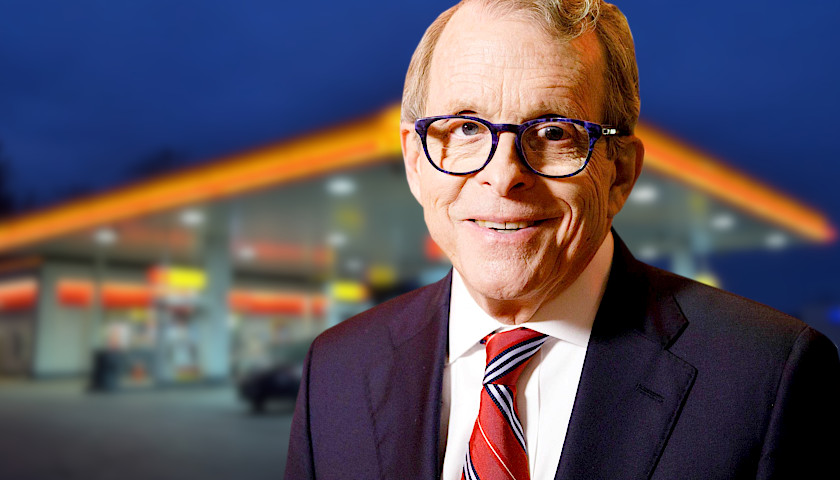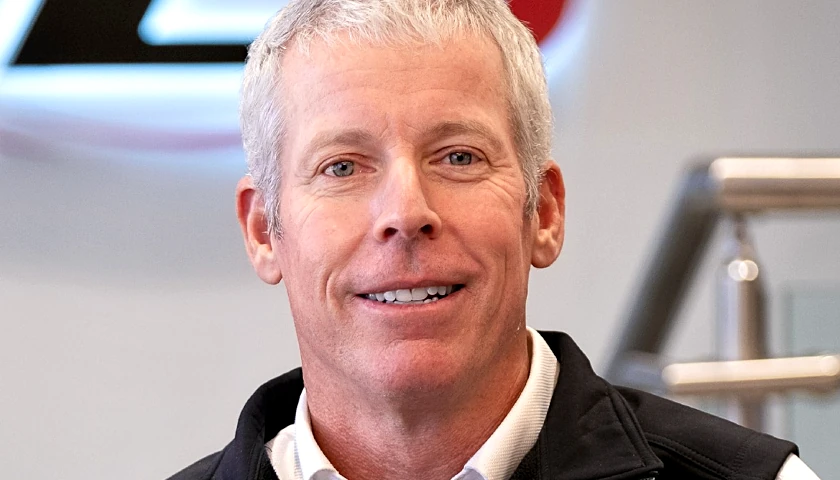At an annual forum sponsored by the Associated Press, Ohio Republican Gov. Mike DeWine announced Wednesday he intends to formally recommend raising the current gas tax. The recommendation will come as he introduces his first two-year transportation budget Friday.
Despite appointing an Advisory Committee on Transportation Infrastructure Issues specifically to explore alternative solutions to simply raising the gas tax, the governor made it clear he felt there was no real alternative. He did make a point to say the hike is “just to keep us where we are today and with the ability to do some safety projects that absolutely need to be done.”
It can be inferred from this statement that his intention is to raise the gas tax enough to not let the state’s road and bridge repair funding deficit get worse than it currently is. This suggests that the tax hike would be more modest relative to addressing the full scope of road and bridge repair needed in Ohio. Currently, there is a $1 billion gap in funding.
The current state tax on gas in Ohio is 28 cents per gallon. However, when combined with federal and local taxes, the total amount climbs to just about 46.5 cents per gallon. According to Patrick Dehaan, a Senior Petroleum Analyst at “Gas Buddy,” to cover the cost of the billion-dollar deficit the hike could be as high as “22 to 24” cents per gallon. While many agree that some form of a hike might be necessary, DeWine’s assertion that there was no alternative isn’t entirely accurate.
With an average cost-per-gallon of $2.32, consumers are looking at an instant 10.3 percent increase at the fuel pump.
DeWine’s advisory committee did offer several alternatives. Registration fees, expanding access to mass transit, and even opening up certain state lands to oil and gas exploration were suggested. Yet, no other option beyond directly raising the gas tax has been given any real consideration. The Buckeye Institute, a prominent think tank located in Ohio, agreed with DeWine’s decision. However, it did caution that this was only a short term solution, noting:
As this debate moves forward, The Buckeye Institute urges policymakers to maintain appropriate user fees rather than redirecting general revenues to cover funding shortfalls, and any increase in the gas tax should be viewed as a stopgap measure to allow policymakers to transition Ohio to a more sustainable user-fee funding source.
– – –
Andrew Shirley is a reporter at Battleground State News and The Ohio Star. Send tips to [email protected].
Photo “Mike DeWine” by Mike DeWine.





